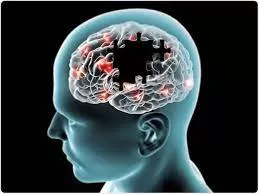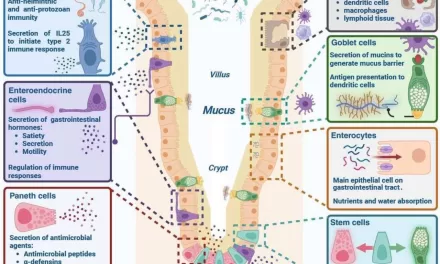Researchers at the Indian Institute of Technology (IIT) Delhi have announced a breakthrough in the fight against glioblastoma, a highly aggressive and deadly form of brain cancer. A novel nanoformulation, named Immunosomes, has demonstrated significant promise in pre-clinical trials, potentially heralding a new era in brain cancer treatment.
Glioblastoma is the most common type of cancerous brain tumor in adults, notorious for its aggressive nature and resistance to conventional treatments. Despite the availability of surgery, radiation, and chemotherapy, patients diagnosed with glioblastoma typically face a grim prognosis, with a life expectancy of just 12-18 months post-diagnosis.
The innovative approach developed by the IIT Delhi team involves a nanoformulation that combines a CD40 agonist antibody with the small molecule inhibitor RRX-001. This cutting-edge treatment strategy, detailed in the journal Biomaterials, aims to enhance the efficacy of brain tumor therapies, offering renewed hope for glioblastoma patients.
In their study, mice bearing glioblastoma tumors treated with Immunosomes showed remarkable results. The treatment not only led to the complete eradication of the tumors but also ensured that the mice remained tumor-free for at least three months. Furthermore, the therapy elicited a robust immune response capable of combating brain cancer. To test the durability of this response, the researchers re-challenged the long-term surviving mice by implanting glioblastoma cells after three months. Astonishingly, the pre-treated mice exhibited almost no tumor growth, indicating that Immunosomes could generate a long-lasting immune memory to prevent future tumor recurrence without additional treatment.
One of the significant advantages of Immunosomes is its ability to reduce the toxicity associated with CD40 agonist antibody, a major hurdle in clinical oncology. By minimizing these adverse effects, the treatment becomes more viable and safer for patients.
Dr. Jayanta Bhattacharyya, Associate Professor at the Centre for Biomedical Engineering, IIT Delhi, expressed optimism about the findings. “We are highly motivated by these results and are excited to translate these findings to human clinical trials with a wider range of glioblastoma patients,” he said.
This groundbreaking research from IIT Delhi not only offers a glimmer of hope for those affected by glioblastoma but also represents a significant step forward in the development of more effective and less toxic cancer therapies. The promise shown by Immunosomes in pre-clinical trials sets the stage for further research and the potential for life-changing advancements in the treatment of deadly brain tumors.











